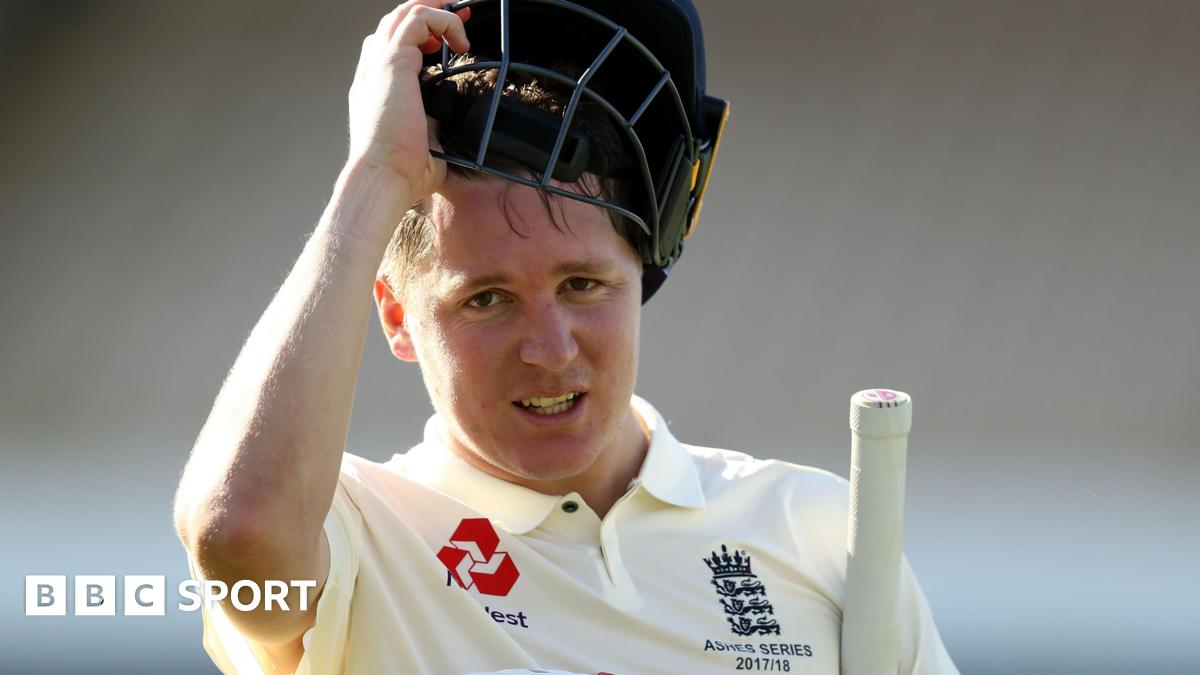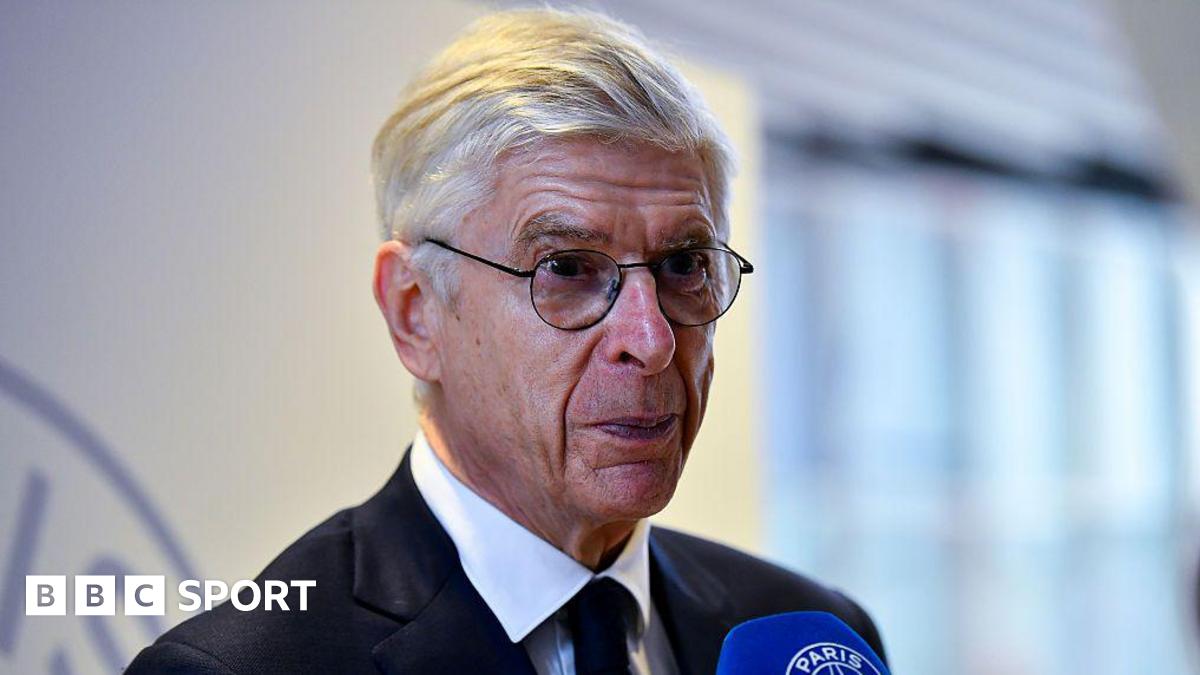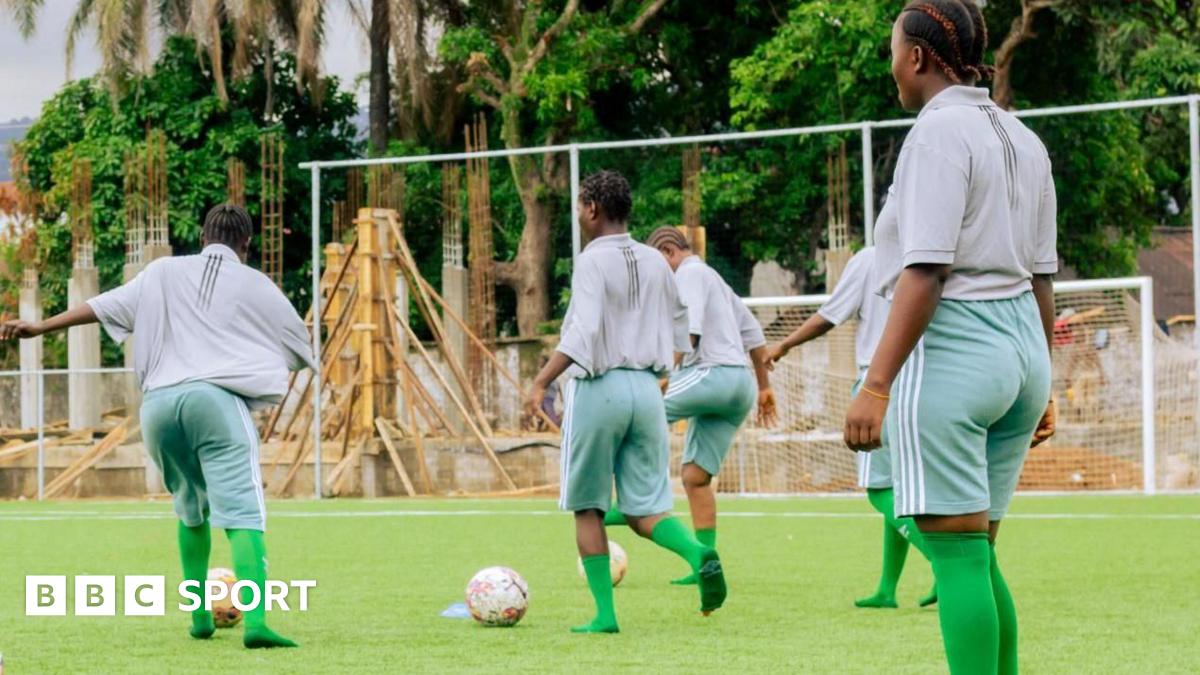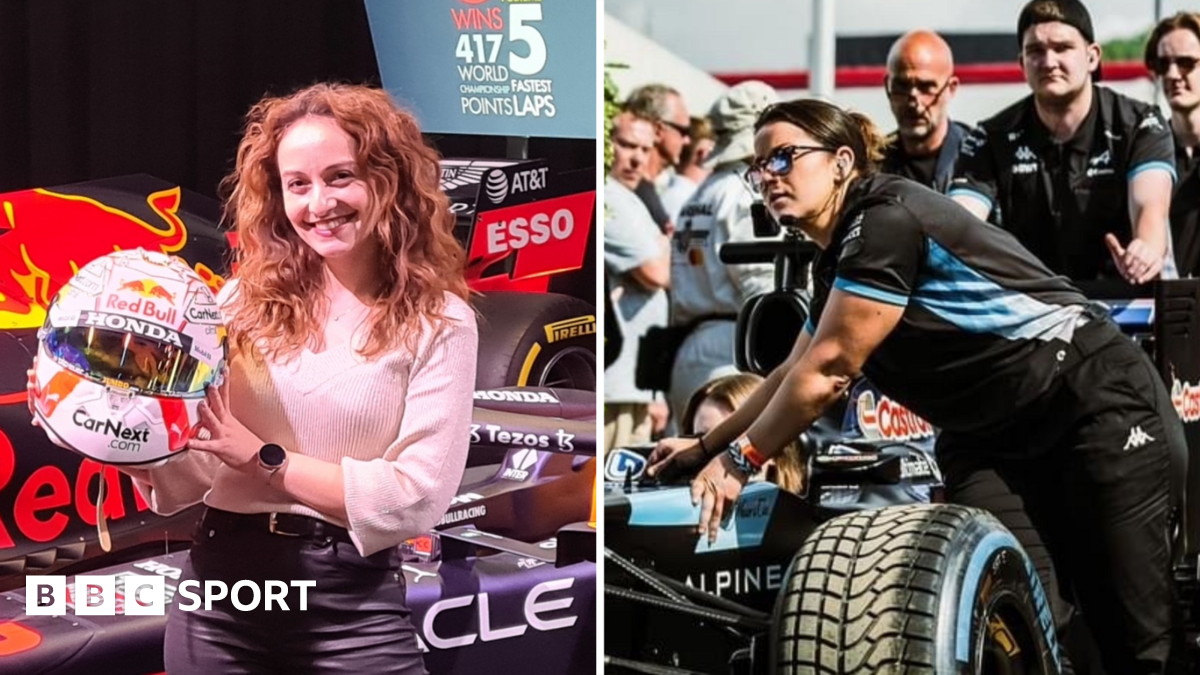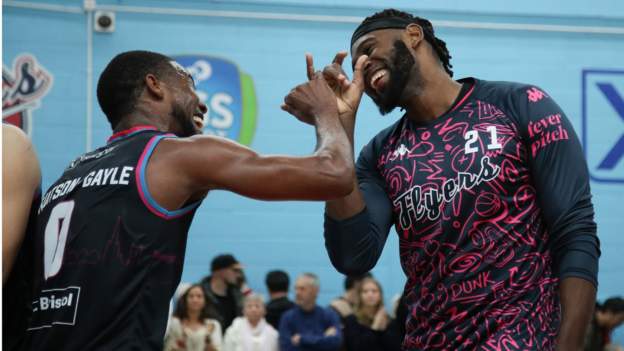It is nearly 50 years since a female driver started an F1 race – Lella Lombardi in 1976 – but women have been making other history in other areas.
Claire Dubbelman is one of those trailblazers as the first female deputy race director in F1, and the only woman to hold the FIA race director super licence.
For the Dutchwoman, working at the pinnacle of motorsport was always her intended destination.
Growing up around the sport – following it with her dad, who was a journalist – Dubbelman started her career at a grassroots championship where she described her role as “anything without a screwdriver”, including doing hotel bookings for the crew, arranging the trophies for podium ceremonies and writing press releases.
She remembers having conversations with drivers about their goals and aspirations. They would often talk about their dreams of making it to Formula 1.
“They used to say: ‘What is it you want to do?’ And I said: ‘I also want to go to Formula 1, you just want to do it in the car and I’ll do it out of the car,’ ” she said.
The 39-year-old is now one of 91 women working for the FIA, which equates to 32% of its workforce. Nearly half – 43 – were in senior positions as of December 2024, according to the FIA.
“We have really strong female representation and that’s what I’m really proud of in this team,” she said.
Getting there has not always been a smooth ride, though.
Looking back on her early career, she vividly remembers an unpleasant interaction when she entered the office belonging to a chief executive of a racetrack to negotiate a contract.
“I walked into the office and the guy opposite me said: ‘What are you doing here?’ And I said, ‘I’m here to negotiate a contract.’ He said: ‘Are you sure you can do that?'”
She said motorsport was a “challenging environment especially if you’re young and female”.
“Being female itself is one thing but being young and female is an extra dimension because people think they can get away with more,” she said. “I’ve definitely seen quite a bit of that.”
She added that was particularly true “in the lower categories”, adding: “It’s harder for women. There’s a lot more catcalling, a lot more bias.”
In the face of those challenges, Dubbelman has learned the importance of resilience.
“I’ve worked very hard to get here and I will not let anyone dictate whether I give up or not,” she added.
Some F1 teams have reported general increases in the numbers of women in their workforces in each of their respective gender pay gap reports, with data from 2021 to 2024 showing Mercedes went from 12% female employees to 17.9%.
Over the same period McLaren increased from 13% to 20%, and Alpine rose from 11% to 14%.
Dubbelman hopes the sport continues its drive towards getting more women working in the industry.
“I think if this sport can be as welcoming as possible and see the value of different perspectives in the paddock, I think that will be a very nice place to work.”





